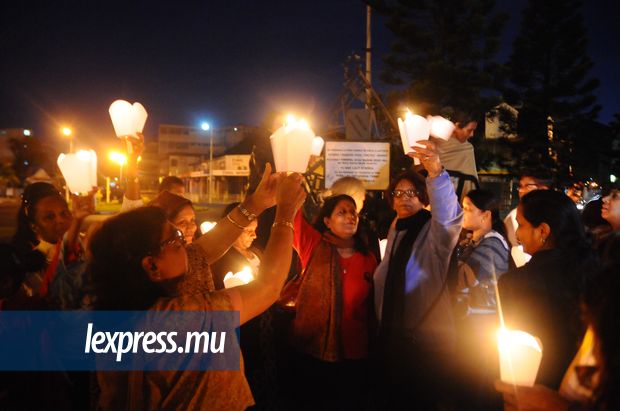Publicité
21ST CENTURY FEMINISM : From Bra-Burning to Bridge-Building
Par
Partager cet article
21ST CENTURY FEMINISM : From Bra-Burning to Bridge-Building

What the F word means today
At the beginning of this millennium, feminism was the ultimate F word that no one wanted to be associated with, not even my university students. Somehow the young ladies in my class shied away from the label and the concept, perhaps from a lack of understanding of the stakes and the history that allows us today the liberties that we take for granted.
First wave feminists won us the right to vote, less than 100 years ago. The Suffragettes of late 19th and early 20th Century led by Emmeline Pankhurst, through hunger strikes, manifestations, imprisonment marked a turning point in the history of politics. Many of the suffragettes imprisoned were force fed during their hunger strikes as a consequence of the authorities’ fear of the power of martyrdom that a death might generate. Closer in time, the 1960s saw the right of women to work outside the home through game-changers such as Betty Friedan, author of The Femi- nine Mystique. The second wave of feminist battles also centred on sexual and reproductive rights and freedoms winning women the right to own and retain control of their bodies through birth-control pills. The third wave is currently fighting against gender-based violence and allowing a voice to those voiceless. Popular culture, through icons such as Beyoncé and Emma Watson, plays an important role in giving the word ‘feminist’ new dynamics.
21st Century feminism is no longer about bra-burning. It is not about a return to a matriarchal structure either, it does not seek to conquer and subjugate. We have seen enough parallels between the structures of colonialism and those of patriarchy. 21st Century feminism is about bridge-building. It is a meeting of equals between men and women. It is born out of a desire to see a more just, sustainable, efficient world built on the full competence and untapped potential of every human being. How can the theory and practice of the political, economic, and social equality of the sexes, not be common sense? It is a bridge-making exercise which the Nordic countries excel at. An example is their policy of enforced paternity leave, encouraging and nurturing men to be better parents and thereby reducing the exclusive burden of motherhood from women.
The Condition of Women in Mauritius
I had the chance to have a long conversation with Ambassador Linda-Thomas Greenfield, the Assistant US Secretary for Africa, when she visited in January. She mentioned the condition of women in Mauritius as one of her top priorities, unsurprisingly. We are right to be concerned. I see women at grassroots level lost as to their rights and their responsibilities. They complete a workshop. For sure this opens a window onto an alternative reality, but one which collides immediately with the pressure from their environment. The condition of women will not change with a few workshops organised by the concerned Ministry or a few NGOs. It will involve an upholding of many systems including culture. It is far easier to change the laws than mentalities. The even sadder issue is that a woman who has not given herself the permission to speak and to stand tall, will produce children who are lost. A man who feels the need to oppress will produce children who do the same.
If we take a look at some statistics on gender parity in Mauritius from the World Economic Forum website, there are more women in tertiary education than there are men. But somehow this educational advantage does not translate into the placement of women at the highest levels of decision-making jobs. The glass ceilings are very much present and everywhere. And yet, this was not always the case across world history.
There are many examples of civilisations which prospered on a political structure of gender parity, Crete 4000 BC being just one example, where women and men participated fully in politics and work. There were times when our ancestors found power in union and cooperation. Unfortunately, the stresses caused by volcanoes, earthquakes, invasions around 1500 BC would obliterate the millennia during which civilisations lived in the fullness of what it means to be human. There are things to be remembered from our past, structures to be revisited in the present, legacies to be constructed for the future.
In a world where natural resources are increasingly limited, where climate change is threatening, now more than ever, we will need to optimise on all resources. We cannot afford to not harness the full potential of women, in terms of power, energy, and intelligence across political, social and economic sectors. Political will is everything.
For one, if the men in Parliament were made to compete, more fairly, with the full pool of Mauritian talent including the women (52% of the population), we might have ended up with fewer mediocre men making decisions for us.






